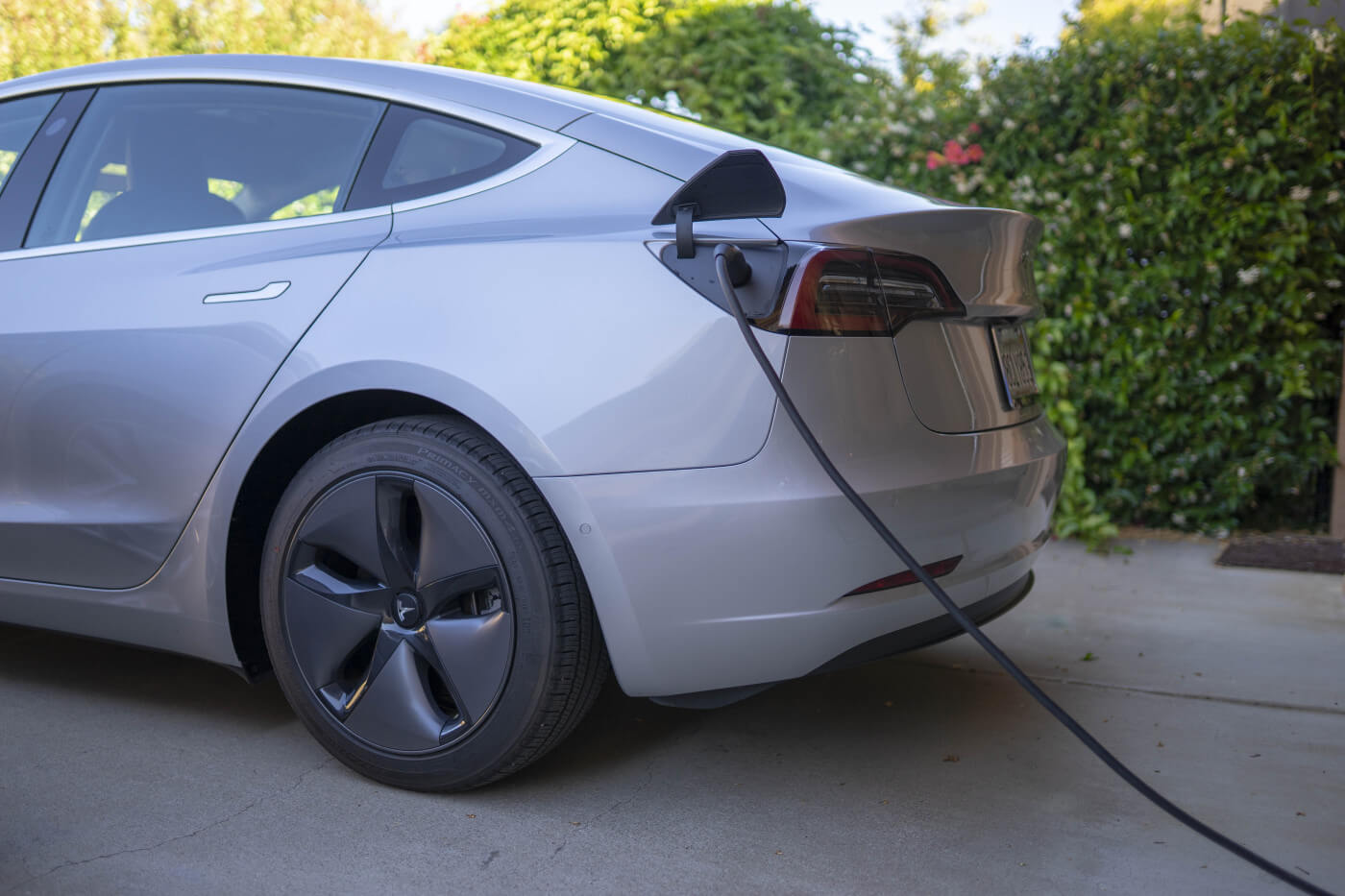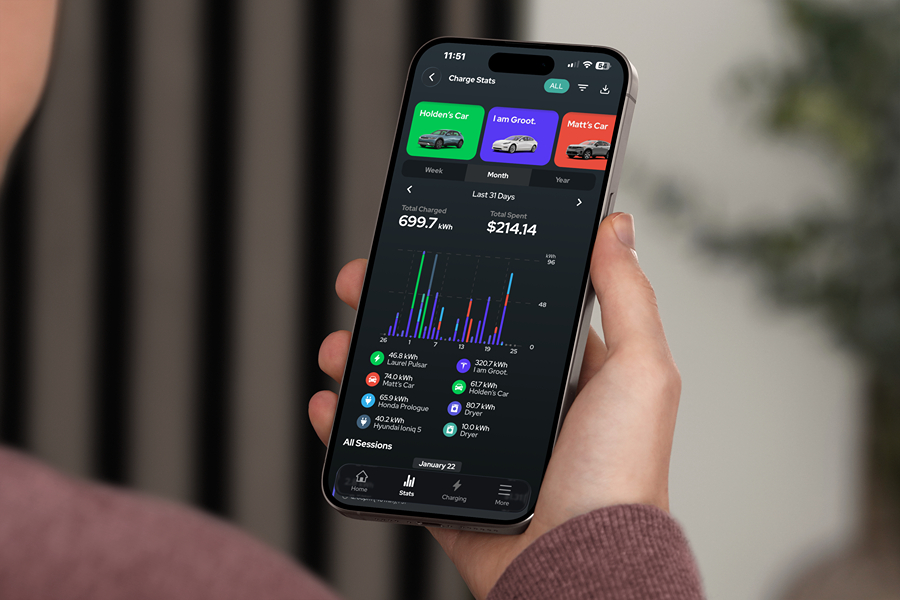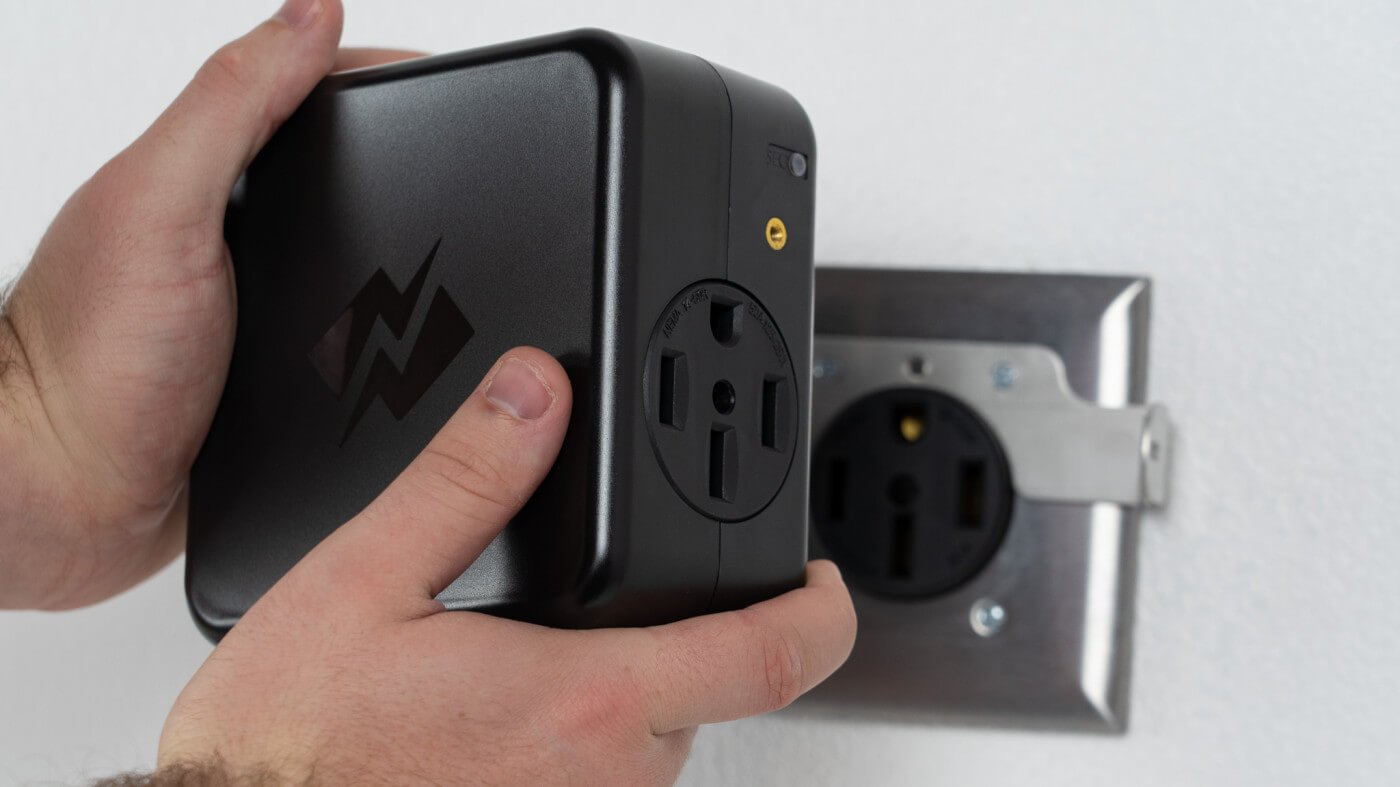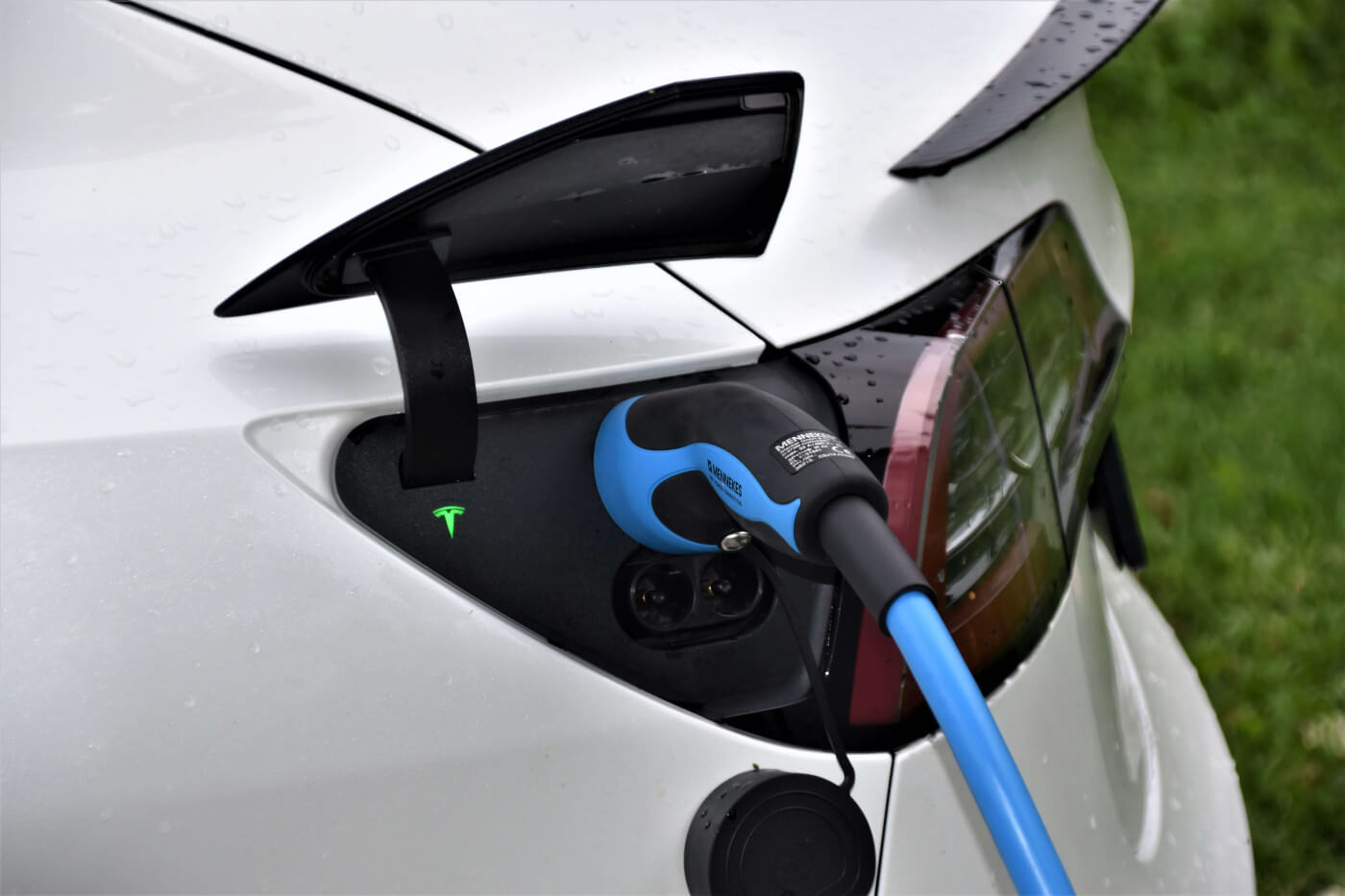
How Much Does it Cost to Charge a Tesla at | NeoCharge Blog
TL;DR
Key takeaways
- All you need to know about how much it cost to charge your Tesla at home and at Tesla Superchargers.
- Find out how much it costs to charge and how save money.
If you own an electric vehicle (EV) like a Tesla, you may have noticed that charging it is much more complicated than fueling up a gas-powered vehicle. Factors like where and when you charge your EV can significantly impact the cost. However, by using a vehicle-integrated app like NeoCharge Connect (Coming July 2023) or understanding the five basic components that affect your charging costs, you can demystify the complexities of determining how much it costs to charge your Tesla.
In this article, we’ll explain the elements that go into the calculation and run an example cost calculation.
Battery Rating and Tesla Charging Cost Calculator
The battery rating of your Tesla is crucial to understanding how much energy your car battery can store. It's similar to the gas tank of a gas-powered vehicle. Your Tesla’s battery is designed with a specific battery rating that describes how much energy your battery can produce per 100 miles of travel. Electric vehicles will vary in this rating, even different Tesla models.
Every EV battery is measured in kWh / 100 miles, or kilowatt-hours per 100 miles. To determine the different kWh / 100 miles rating for each Tesla model, check out EVCompare.io’s Tesla charging cost calculator. For the cost example later in this article, we’ll use the average kWh / 100 miles for the Tesla Model S of 28 kWh / 100 miles.
Electricity Costs
Just like gasoline, each state has a different average price that energy providers charge for electricity. These costs, measured in cents per kWh, can be found by contacting your local electric company or checking the national averages of electricity prices per state found through the US Energy Information Administration.
To calculate the charging cost, multiply your battery capacity (in kWh) by the percentage of charge you want on your battery. Then multiply this product by the effective cost per kilowatt-hour in cents charged by your utility. For example, if you want to charge your Tesla Model 3 with a standard 150 kWh battery from 50% to 90% (a 40% charge) at an effective rate of 20 cents per kWh, it will cost $6 to complete this charge.
Energy Rate Plan Type
Your energy rate plan type is another factor that affects your charging fees. For instance, some utility companies offer discounted rates for EV owners who charge during off-peak hours. It’s important to check with your local utility company to determine if you’re eligible for these types of plans.
Average Distance Driven Per Day
The average distance driven per day is another factor to consider when calculating the cost of charging your Tesla. This information can help you determine how much energy you’ll need to charge your EV each day. You can find this information by checking your vehicle’s odometer or using an app like TeslaFi or Teslalogger.
Charge Efficiency
The charge efficiency of your Tesla refers to how much energy is used from the battery to power the car versus how much is lost during the charging process. This is typically expressed as a percentage. For instance, if your Tesla has a charge efficiency of 90%, then it takes 111 kWh of electricity to charge a battery with a 100 kWh capacity.
Residential Vs. Commercial Chargers
Another important consideration is whether you charge your Tesla at home or in a commercial space via a Tesla Supercharger. Tesla Superchargers and general Tesla chargers outside your home are typically going to charge a higher rate than the rate you’ll have access to through your electricity company.
Tesla Charging Stations
It’s important to note that many Tesla charging stations charge per minute rather than per hour. In this scenario, charging costs are broken down into two categories: Tier 1 and Tier 2 pricing.
Tier 1 Pricing
Tier 1 applies while cars are charging at or below 60 kW, usually when you are sharing the charging station with another Tesla. In this scenario, Tesla will charge half the typical effective rate, or 13 cents for every minute charging.
Tier 2 Pricing
Tier 2 pricing would apply to anyone who is charging above 60kW. In this scenario, the full 26 cents per minute would be applied.
Charge Efficiency
The final factor that affects your charging costs is charge efficiency, which is a measure of how much energy is lost during the charging process. Charge efficiency is expressed as a percentage and varies based on the type of charger used, the temperature of the battery, and other factors.
The most efficient way to charge your Tesla is to use a Level 2 charger with a high charging rate. Charging at home with a Level 2 charger can be up to three times more efficient than using a Level 1 charger, which is the standard 120-volt charger that comes with your Tesla.
Example Cost Calculation
Let’s run through an example of how to calculate the cost of charging your Tesla using the factors we’ve discussed above.
Suppose you have a Tesla Model S with a battery rating of 28 kWh/100 miles and you drive an average of 30 miles per day. You want to charge your car from 20% to 80% using a Level 2 charger at home. Your electricity provider charges 12 cents per kWh, and your charger is 90% efficient.
Here’s how you would calculate the cost:
-
First, calculate the amount of energy needed to charge your battery from 20% to 80%:
-
Battery capacity: 100 kWh (for a 100% battery charge)
-
Charge level: 60% (80% - 20%)
-
Energy needed: 60 kWh (100 kWh x 60%)
-
Next, calculate the cost of the energy:
-
Energy cost: 12 cents per kWh
-
Total cost: 60 kWh x 12 cents/kWh = $7.20
-
Finally, account for charging efficiency:
-
Charging efficiency: 90%
-
Adjusted energy needed: 60 kWh / 0.9 = 66.67 kWh
-
Adjusted cost: 66.67 kWh x 12 cents/kWh = $8.00
So, in this example, it would cost you $8.00 to charge your Tesla Model S from 20% to 80% using a Level 2 charger at home.
Conclusion
Calculating the cost of charging your Tesla can be more complicated than calculating the cost of fueling a gas-powered vehicle. However, by considering factors such as battery rating, electricity costs, energy rate plan type, average distance driven per day, and charge efficiency, you can get a good idea of what your charging costs will be. Using a tool like NeoCharge Connect (Coming Soon) can help you automatically calculate your charging costs and save money by charging your EV more efficiently.
Related NeoCharge resources
-
NeoCharge App
Optimize charging around your exact utility rates and EV.
Key terms
- Level 2 charging
- Level 2 EV charging uses a 240V circuit (like a dryer outlet). It typically adds ~20–35 miles of range per hour, depending on your car and the circuit amperage.






